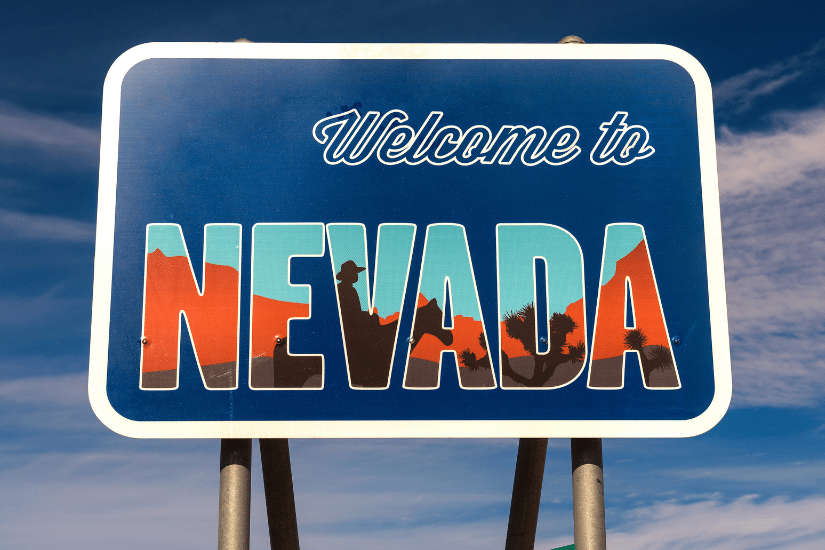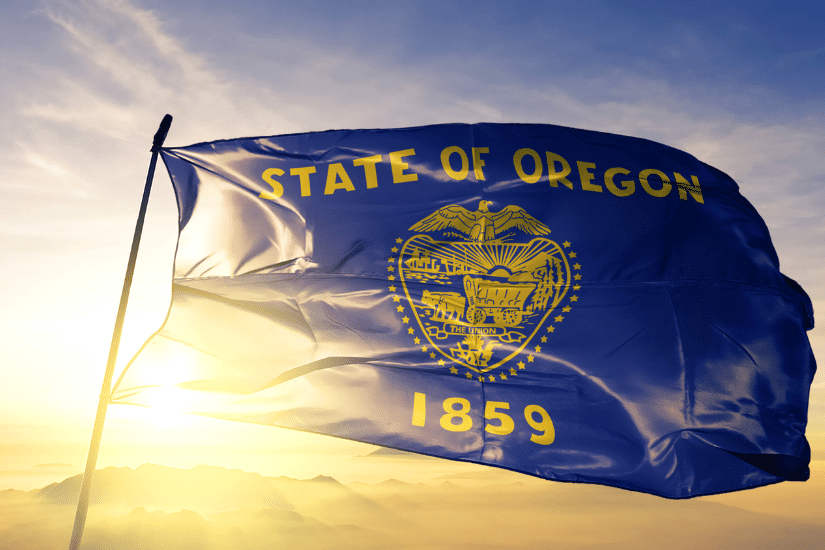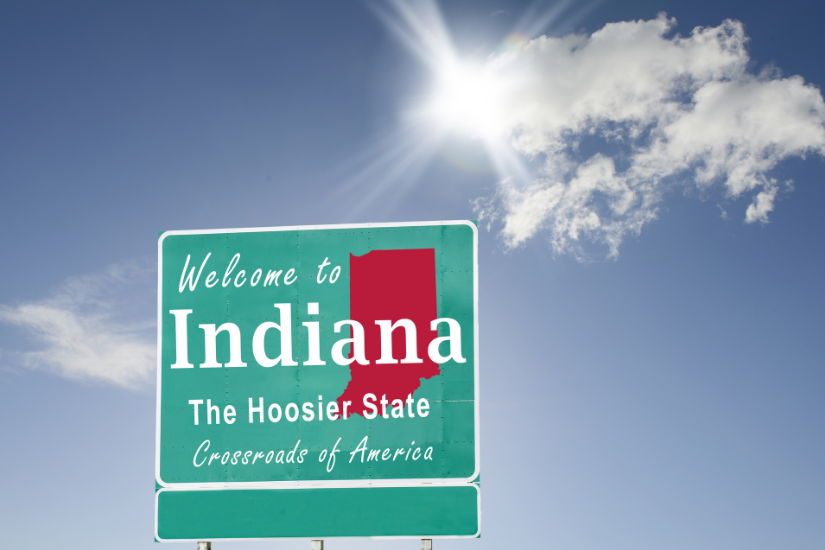California Communities Gain from Partnership with Life Insurers

California often leads the way on government policy. Socially responsible investing is one example. During the recession of the early 1990s, California regulators proposed a community reinvestment mandate for insurers, similar to one imposed on banks by the federal government. The investments would target underserved urban and rural areas of the state.
Local insurers supported the idea of community investment but argued for a voluntary approach. They pointed to the more than $110 billion insurers already have invested in California. The challenge was to show how this capital benefits specific communities.
So, California insurers suggested an alternative to the mandate: a voluntary public/private partnership that could spur community investment. The idea evolved into the California Organized Investment Network, or COIN, established in 1996.
COIN is a partnership between the California Department of Insurance, the insurance industry, affordable housing and economic development organizations, and local communities. The program encourages safe, sound insurer investments that benefit California’s environment and its low-to-moderate (LMI) income and rural communities. Periodic surveys then showcase the powerful impact of these investments.
Over the years, COIN has employed different strategies to connect communities to private capital. A powerful incentive for insurers had been the COIN investment tax credit, which expired at the end of 2016. The legislature and governor could choose to reinstate it.
Even without the tax credit, COIN continues to be a success story. In January, then-insurance commissioner Dave Jones cited that COIN investments steadily increased over the past decade, from $6.6 billion at the end of 2010 to $22 billion in 2015 and $29 billion by the end of 2018.
These insurer investments support renewable energy projects, affordable housing opportunities and health centers in California. They provide economic development, jobs, and numerous other social and environmental benefits throughout the state.
What does the future hold? Socially responsible investment funds continue to grow in the United States, and so do the needs of challenged communities. The COIN experiment has proven one thing: Life insurers are firmly committed to making safe, sound investments that benefit policyowners while strengthening communities throughout California and the country.





